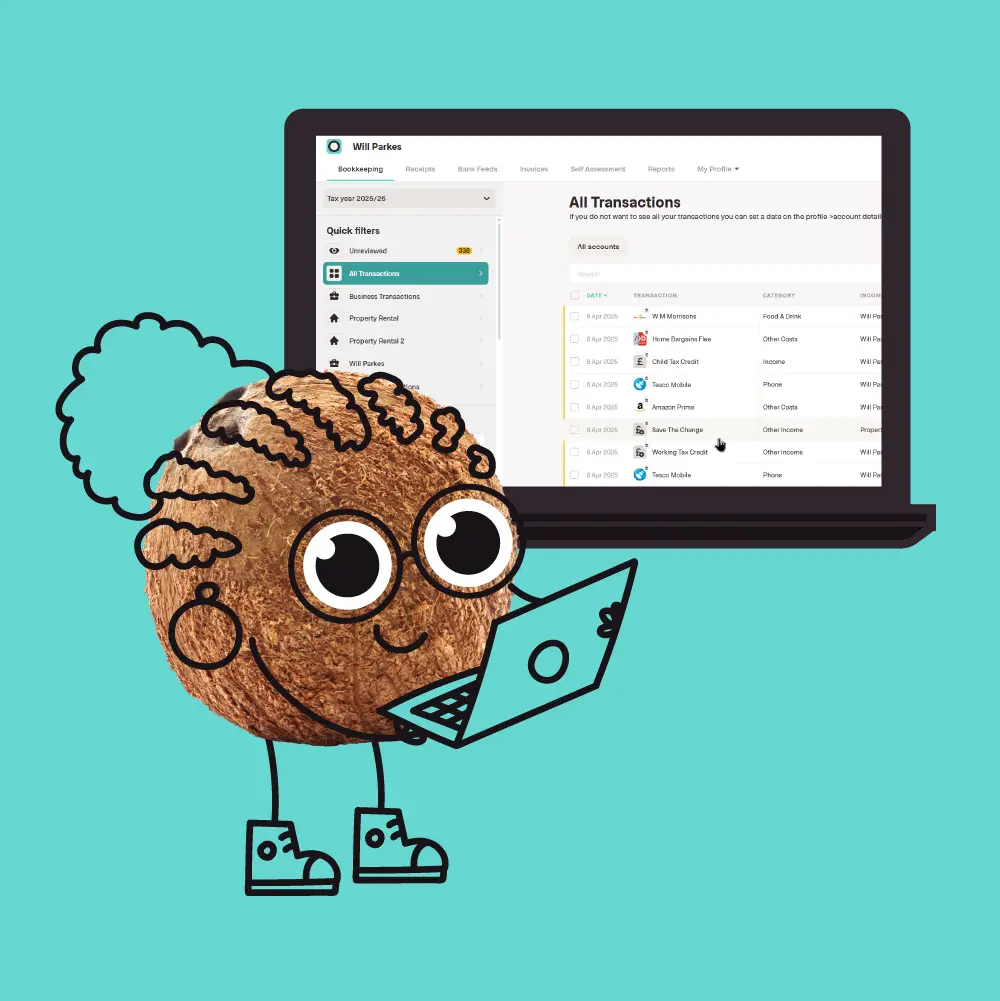A few years ago, news of the impending introduction of Making Tax Digital for Income Tax (MTD for IT) dominated small-business and accounting websites. Month after month, accountants and their clients were being urged to ready themselves for the coming of MTD for Income Tax.
Some invested considerable time and effort, but then in December 2022, came the government announcement to again delay introduction of MTD for IT. It was the fourth delay since MTD for Income Tax was unveiled in 2015.
Well, once again HMRC is encouraging accountants and their sole trader and landlord clients to start to prepare for what looks likely to be MTD for Income Tax actual introduction (barring yet another delay, of course).
● HMRC has published updated guidance on how to “Sign up your client for Making Tax Digital for Income Tax”.
Here are eight things you should be telling your clients now about MTD for IT.
1. The government didn’t scrap MTD for IT
They simply delayed its introduction, believing that businesses and individuals had enough on their plates to deal with coming out of the pandemic, without having to worry about radical new tax reporting requirements.
2. MTD for Income Tax will be introduced from 6 April 2026
But it will be introduced in phases. Sole traders, freelancers and landlords with a gross income of more than £50,000 will be first affected. They’ll need to comply with MTD for Income Tax requirements from 6 April 2026, but they’ll need to get ready long before then.
3. Those earning £30k+will need to comply from 6 April 2027
Sole traders, freelancers and landlords with an income of £30,000-£50,000 will need to comply with MTD for IT reporting requirements from 6 April 2027.
4. Those earning £20k+will need to comply from 6 April 2026
Sole traders, freelancers and landlords with an income of £20,000-£30,000 will need to comply with MTD for IT reporting requirements from 6 April 2026 and again, it's best to get them ready long before then.
5. MTD for IT means sole traders and landlords must keep digital records
They’ll need to input income and expense figures into their MTD-compatible software or use bridging software that allows MTD reporting using their existing accounting software.
6. Reporting requirements will change radically under MTD for IT
● Every three months, the MTD for Income Tax-compliant software will create quarterly updates, summarising the sole trader’s/landlord’s income and expenses.
● After submitting an update, an estimated tax bill will be shown within the software, better enabling sole traders and landlords to budget for paying their tax bill.
● After the fourth quarterly update has been made, income and expenses for the whole tax year will be shown. Adjustments can then be made and once the business and/or rental income has been finalised, an updated tax bill estimate will be shown.
● To finalise their Income Tax position, if relevant, the sole trader/landlord will need to provide HMRC with details about any other taxable income.
● A final declaration can then be made via the software, confirming that the information provided is accurate and complete (even if there is no additional taxable income to report).
● A final declaration must be made by 31 January following the end of the tax year (5 April). The sole trader’s/landlord’s final tax bill will then be calculated.
7. MTD for IT compliance may not be too painful
If your sole trader or landlord clients are already keeping digital records of their income and expenses and updating them regularly, MTD for IT’s introduction won’t cause too much of a problem. In reality, they will have little to worry about.
8. Anyway, using accounting software brings many benefits
If some of your sole trader and landlord clients aren’t currently using accounting software, having to start doing so may prove a challenge for some. But, you can reassure your clients that it’s easy enough and brings many benefits, including greater visibility of their income and expenses, which can give them better control over their cash flow. MTD for Income Tax could also prevent the nasty surprise of receiving a tax bill they can’t afford to pay.
Accounting software for sole traders and landlords
Coconut is the easy-to-use accounting software created for sole traders, freelancers and landlords. It enables them to better manage their income, expenses and cashflow. It’s the perfect option if you want to introduce your sole trader or landlord clients to accounting software. For those who are already using it, Coconut could be a cheaper, more user friendly alternative.
Accountants and bookkeepers get free instant access to their signed-up clients’ real-time accounting information, with money-saving discounts available to those who signup their clients to a Coconut subscription. Coconut’s MTD for Income Tax software is HMRC-recognised for digital record-keeping and quarterly submission requirements. That’s great news for accountants and their sole trader and landlord clients, while making the prospect of MTD for IT not so scary after all.
Create a free partner account here or book a demo with a member of our team to see how Coconut can help you.











